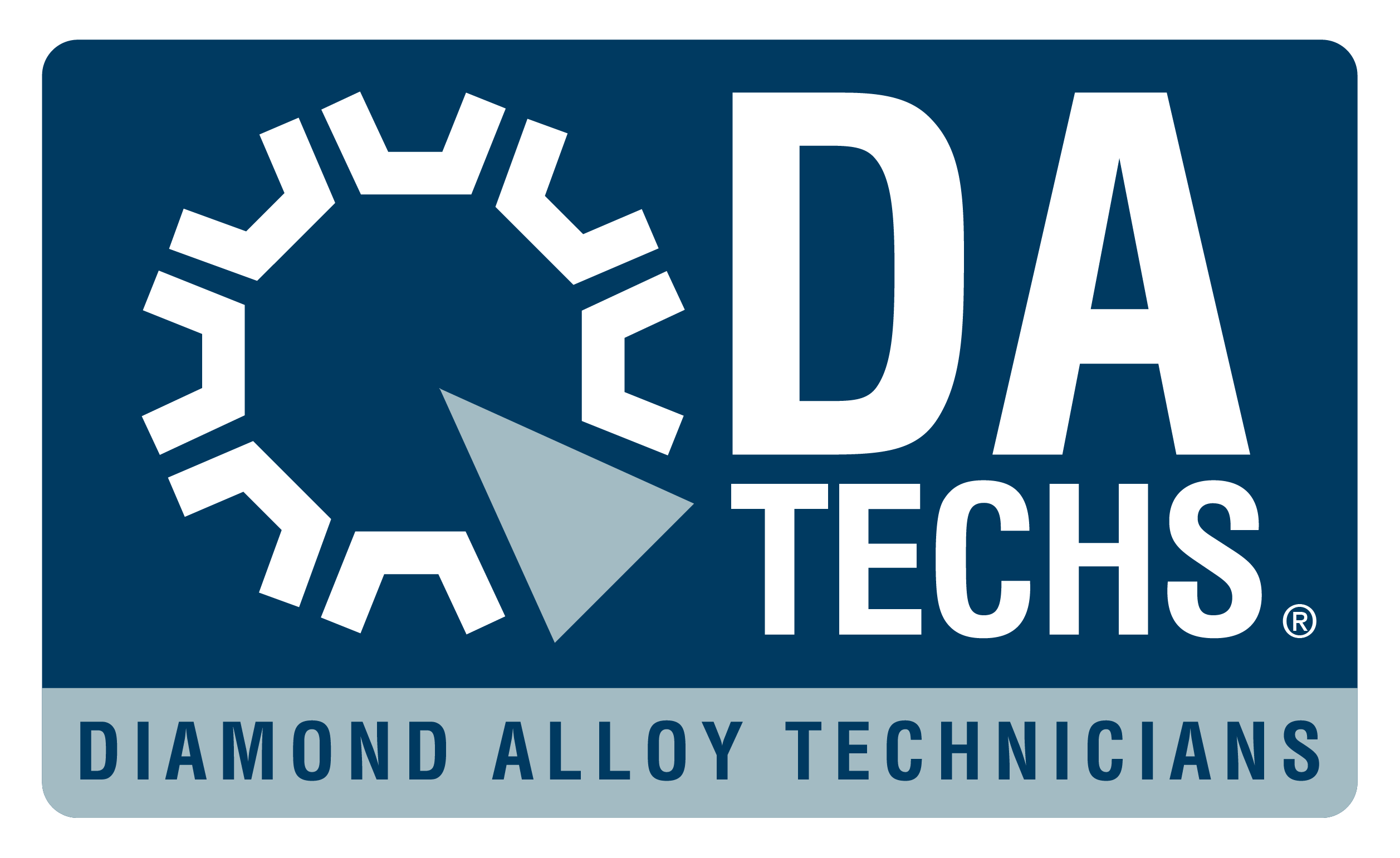When it comes to your car, there are certain things that you’ll need to tick off your list when buying it or doing it up. This will include everything from choosing a manufacturer to engine size, mod-cons and even colour, after all, we all want our cars to look and feel great when we’re driving them.
Because of this, one area on the car you may look to change is the wheel size. With most looking to increase the wheel size of their car, this isn’t as easy as you may think, and a little thought will need to be put in beforehand.
To help you out, we’ve outlined the pros and cons of increasing your vehicle’s wheel size, and things you’ll need to consider if you do change them, below.
Advantages of a bigger wheel size
Of course, you’ll want to know the positives of having bigger wheels, and while you may think they simply look better, the below highlights the other positives that come with them.
- Better braking – because of the bigger rim, the car will have more contact patch, giving it a better grip of the road, which should help to reduce braking distance.
- Improved cornering – due to more road contact, a wider thread and stiffer walls your car should experience better cornering and handling.
- Improved grip and traction – because there’s more rubber on the track of the tyre, it’ll have better road contact, thus meaning better grip and traction and better handling overall.
Disadvantages of a bigger wheel size
While all of the above may sound great, especially when it comes to driving around in your car, you should look at both sides before increasing the wheel size of your car.
- Increased fuel consumption – one of the biggest elements of any checklist when it comes to a car is car performance and fuel efficiency. With big wheels comes more weight, which in turn increases the work the engine has to do. Therefore, with bigger wheels comes an increase in fuel consumption.
- Speedometer errors – as your car’s technology is calibrated according to the components it comes with, enhancing the components could result in the technology not responding accurately if not done properly.
- Safety system issues – much like the speedometer, the safety systems in the car may not respond correctly when elements such as the wheels are altered. This includes the EBD, ABS and traction control.
- Quick tyre wear – because the wheels are heavier, this will lead to heavier steering and could lead to wheel scraping and lower sidewalls. This means your tyres will wear out much quicker than they otherwise would.
If you’re still considering an increase in wheel size, continue reading.
Things to consider when changing wheel size
Now that you know the pros and cons, those still looking for new tyres will need to know exactly what they’re looking for. So, while you’re on the hunt, make sure you consider;
- The letters and numbers on the side of the tyre. These highlight the aspect ratio, width, radial construction and interior diameter of your current wheels.
- The hub size and bolt pattern as this could be the major difference between wheels that fit your car and wheels that don’t.
- The offset and backspacing will also need to be considered. The former is the distance between the centre of the wheel and mounting surface, while the latter is measured from the back of the wheel to the mounting surface.
- The cost – with larger tyres comes larger prices, so it’s important to keep this in mind.
- Speaking of cost, don’t try and cut corners with it. If you find two similar-looking tyres and one is £200 and the other is £500, there’s a reason for it. The cheaper one probably has a lesser construction and therefore won’t last as long. Remember, you get what you pay for.
- Again, used tyres may be a good option from time to time, but make sure you don’t get caught out by someone trying to make some cash from a dodgy tyre.
If you’re still thinking about changing your wheel size, but you aren’t quite sure what it is you’re looking for, maybe it’s time to ask the professionals. Why not get in touch with DA Techs today, and one of our experts will be more than happy to help you out.
Completed in a few hours without the need to leave your car behind, get in touch with us today by giving us a ring on 01204 802464, or by sending us a message through our contact form to see what we can do for you.


